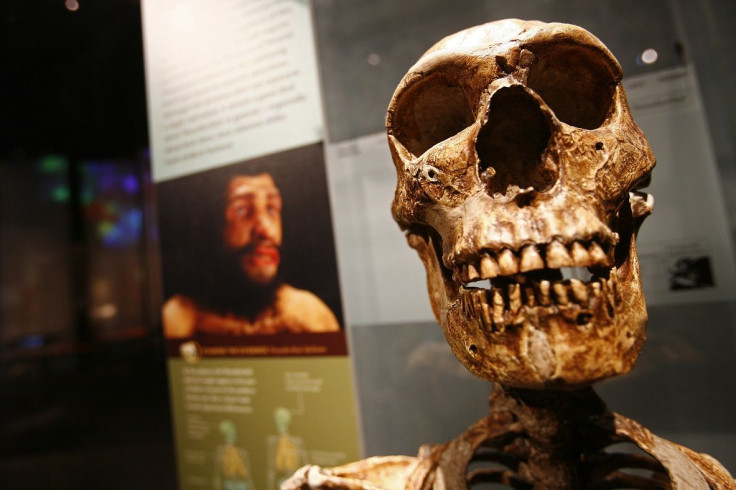Archaeologists Discover 150 Skulls from Largest Mass Human Sacrifice in Meso-America

An excavation in Mexico has led to the discovery of troves of human skulls. Archaeologists believe that the skulls come from the largest mass human sacrifice unearthed yet in ancient Meso-America.
The study, published in the journal Latin American Antiquity, describes the surprising finding. The skulls were found miles from the nearest study in what used to be a body of water called Lake Xaltocan but now simply contains an empty field. The location was so unassuming that researchers had not even immediately thought to look there; they discovered the site when they stumbled upon evidence of looting when viewing satellite images of ancient canals, irrigation channels and lakes that would have surrounded the ancient Teotihuacan kingdom, according to LiveScience.
Upon investigation, the archaeologists discovered over 150 human skulls that were attached to one or two vertebra. The location also held a shrine, which contained incense burners, deity figurines and pottery that indicated a ritual linked with local agriculture. Through carbon dating, researchers have found that the skulls were a minimum of 1,100 years old and, of the dozens of skulls that have been tested so far, the majority belonged to men.
Because most of the skulls belonged to men, researchers believe that they were carefully chosen, rather than the result of indiscriminate slaughter of a village. However, that determination shakes up previously held assumptions about human sacrifice in the region. While several cultures in Meso-America, including the Teotihuacan kingdom, participated in human sacrifice, they mostly occurred at large urban pyramids and were connected to state power - a far cry from this mass human sacrifice that would have taken place in a rural area.
Researchers believe that a drought caused the end of the Teotihuacan kingdom, which led to a period of bloody war and political infighting among several regional groups.



























